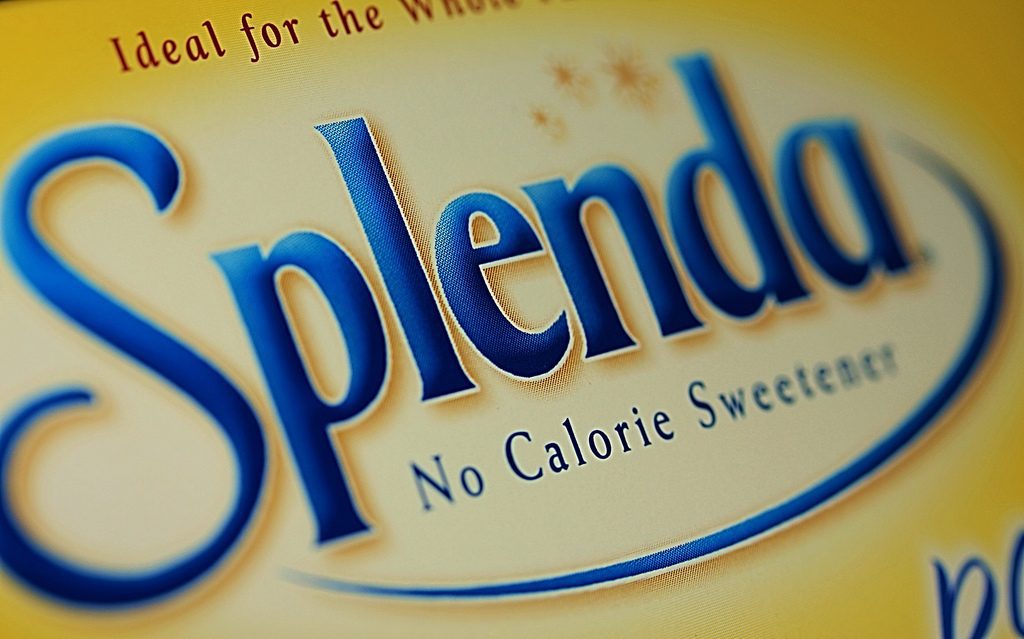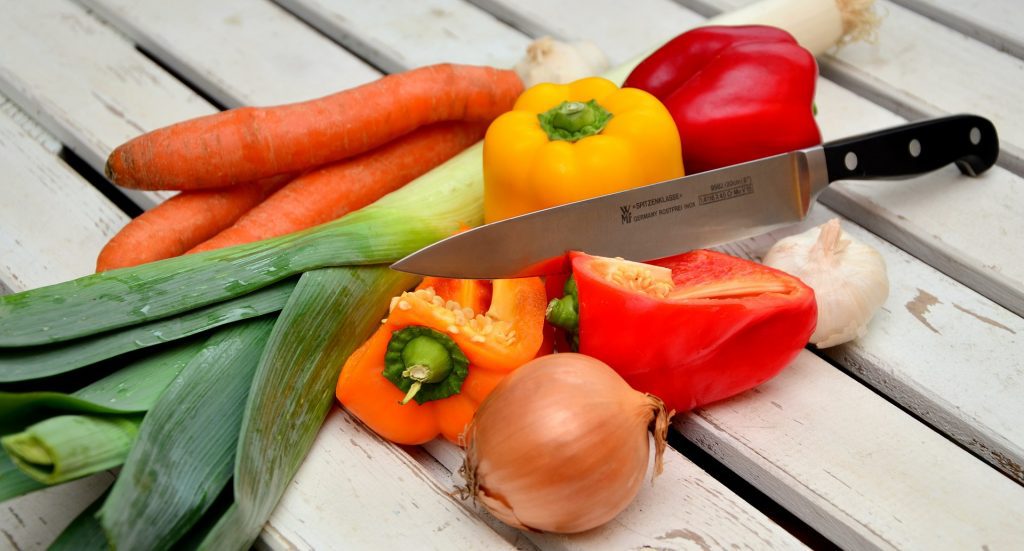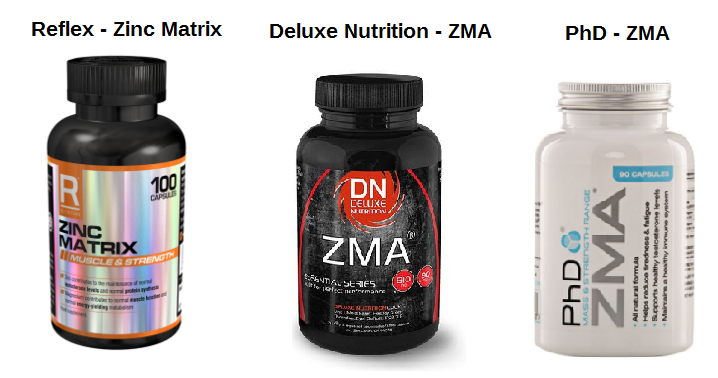Here you will learn all the basics for losing fat and gaining muscle.
In Lesson 6 I mentioned insulin resistance. If you are insulin resistant you are more likely to store any carbohydrate you eat as fat.
Insulin is released by the pancreas whenever you eat carbohydrate, or large portions of protein, to remove glucose from your bloodstream. You have receptors that activate in the presence of insulin and start clearing that glucose.
If you eat lots of sugary foods and snack through the day, your blood sugar keeps spiking and triggering insulin release. Eventually your receptors don’t respond as well, which forces your body to release more insulin to activate them and deal with the same amount of glucose.
Insulin resistant people release 5 to 7 times as much insulin as a normal person. That’s a problem, because..
“In the presence of any insulin, ALL fat burning hormones are shut down”
When you eat carbs, your body switches off fat burning in order to deal with what you just ate.
Your goal is to be more sensitive to insulin, because we’re talking about those receptors in your body. You want them to jump into action from just a small release of insulin. This should be your goal whether you’re trying to lose fat or gain muscle. That’s because as well as keeping you burning fat by controlling insulin it can also help you build muscle more effectively.
So with that in mind, here are 15 ways you can increase your insulin sensitivity starting today.
15 Ways To Increase Insulin Sensitivity
15 Ways To Increase Insulin Sensitivity
- Stop eating 6 times a day. It’s fine if you have a moderate dose of protein and maybe some fats, but if you’re having a banana mid-morning, insulin is being released.
2. Avoid sugary drinks. Around half of the sugar in things like Coke and Pepsi, as well as Sports drinks, is fructose. That’s a fruit sugar and can only be dealt with by the liver. In too high a dose it will interfere with insulin signalling and cause fat storage.

3. Limit your fruits. As I said, we want to manage fructose. In order to improve insulin sensitivity it’s a good idea to cut down on high fructose fruits like bananas and apples as well as most dried fruits. A limit of 1 or 2 pieces a day is said to be effective.
4. Avoid sweeteners. Just because they’re zero calories doesn’t mean they can’t trigger insulin. A recent study showed a 20% increase in insulin when someone used an artificial sweetener sucralose (splenda). It’s best to stick to water and avoid diet drinks at meal times.

5. Reduce your body fat. This is particularly true if you’re obese, as you’re likely already storing most of your carbs as body fat. Following a lower carb diet will help bring your percentage body fat down to a healthy range. If you have 25% body fat or higher, you could actually cut down to under 50 grams of carbs a day. If you’re carrying a bit of extra weight then maybe cap your carbs at 200 grams, and put them around your workout and at breakfast time.
6. Exercise. Muscle consumes the majority of glucose in your blood, so doing intense exercise like lifting weights or HIIT is a very effective way of improving sensitivity. Charles Poliquin states that adding 10% to your muscle mass will improve the way you handle carbs by 11%.

7. Get enough sleep. Studies have shown a single night of poor sleep can contribute to insulin resistance. For tips on how to improve your sleep check out the books Sleep Smarter and Why We Sleep.
8. Increase your fibre intake. This will slow down digestion and the release of sugar into the bloodstream from the gut. The best sources of fibre are vegetables.

9. Avoid Trans Fats. Trans fats are used to extend shelf life and can be found in certain biscuits, cakes and pastries. They will move your insulin sensitivity in the wrong direction and promote belly fat.
10. Improve your Omega 6:3 ratio. In a Western diet our ratio is 16:1, and really we want 4:1 or less. Omega 6 is in a lot of cooking oils, nuts and processed foods. Omega 3 can be taken in a supplement or better still make sure you have several portions of wild salmon a week, as well as a portion of the other oily fish like sardines and mackerel.
11. Get more magnesium. Studies have shown increasing magnesium improves sensitivity. You’ll get it in leafy greens like spinach as well as pumpkin and sesame seeds. You can also take ZMA, which is zinc and magnesium, before bed.

12. Drink some Green Tea. Green tea has been shown to improve the uptake of glucose into muscle and reduce the uptake into body fat.
13. Eat certain foods. There are things you can add to your food to balance blood sugar. Cinnamon is great for lowering the spike in blood sugar levels. Other foods that help are sauerkraut, apple cider vinegar, turmeric and walnuts. Consume these with your high carbohydrate meals for a more sustained release of energy.

14. Avoid eating protein and sugar together. When having a high protein meal, try and include some healthy fat too. The addition of fat to a protein rich meal will buffer the release of insulin.
15. Be aware of big portions. A large serving of protein can actually trigger insulin. A good upper limit is 50 grams per meal.
